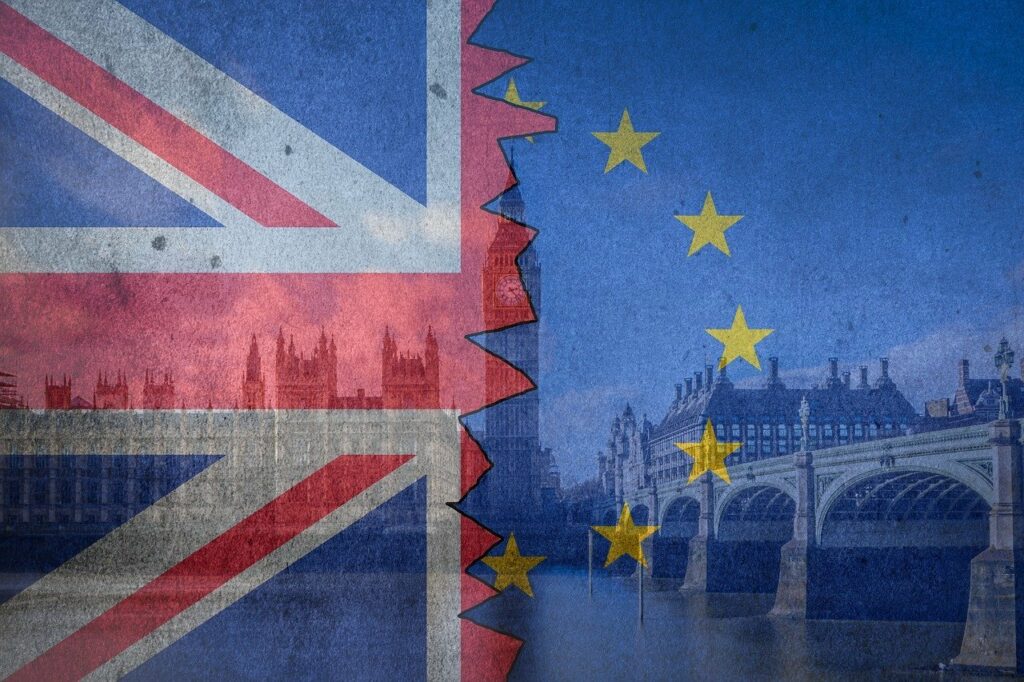Trading through interconnectors is set to be included in the upcoming Brexit negotiations between the UK and the European Union, after an energy agreement was included in government plans.
A paper released today (27 February) entitled The Future Relationship with the EU: The UK’s Approach to Negotiations calls for a Comprehensive Free Trade Agreement, supplemented by a range of other international agreements, including one focused on energy.
It suggests that an agreement could cover energy trading via interconnectors, carbon pricing and climate change.
The interconnectors, which run between Great Britain and France, the Netherlands and Belgium on mainland Europe, as well as connections with both the Republic of Ireland and Northern Ireland, are critical to the country’s energy stability and security, with imports making up 8.22% of Britain’s electricity in January as an example.
On Monday 24 February, a trip occurred on the interconnector with Belgium, the Nemo interconnector. This caused 1GW to fall off the grid, leading to drop in grid frequency to 49.59Hz, with flexibility providers jumping in to bring grid frequency back to normal levels. Such an event highlights the importance of these sources of power, allowing the UK to ensure stability as well as profit from trade.
Outages from interconnectors have already demonstrated the negative effect upon trade, with record payments made in the Balancing Mechanism in the UK earlier this year due to an outage on the Western Link.
As such, the UK will seek to facilitate efficient cross-border electricity, facilitate technical cooperation and support the integration of renewable power to allow decarbonisation by coming to an international agreement.
The paper emphasises that the UK has already begun its preparation to enable trade through interconnectors without an energy agreement, but will aim to improve these arrangements.
Additionally, the paper states that the UK would be “open to considering” a link between a future UK Emissions Trading System and the EU’s current model. This could provide for mutual recognition of allowances, enable the exchange of information and establish the essential criteria needed to make the two compatible.
This mirrors previous promises by the Department for Business, Energy and Industrial Strategy (BEIS) that the government would develop a method for carbon pricing after Brexit that would be “at least as ambitious” as the EU’s.
The energy agreement would reaffirm both the UK and the EU’s commitment to climate change, as well as recognise their right to regulate to meet their respective climate goals.
Energy UK’s interim chief executive Audrey Gallacher welcomed the inclusion, saying she was “pleased” that energy would form part of the negotiations.
“The government rightly recognises the importance of the UK energy sector and the need to continue collaboration on energy and climate to tackle climate change and achieve our ambitious decarbonisation targets to reach net zero by 2050.
“Energy UK and its members stand ready to support the government in achieving a deal that will allow the UK to deploy its low carbon infrastructure at the lowest cost to consumers, enabling further decarbonisation and delivering huge benefits for the UK economy, with new green jobs and a continuing role for the UK as a global leader in technology and innovation.”
The inclusion of energy will be welcomed by many in the industry who have been concerned that Brexit will distract from climate change action, including the energy transition.
In November 2018, leading figures from across the UK and Europe’s main renewable and energy trade bodies penned an open letter asking for continued cooperation on energy trading and climate policy should be included in any final Brexit deal.





